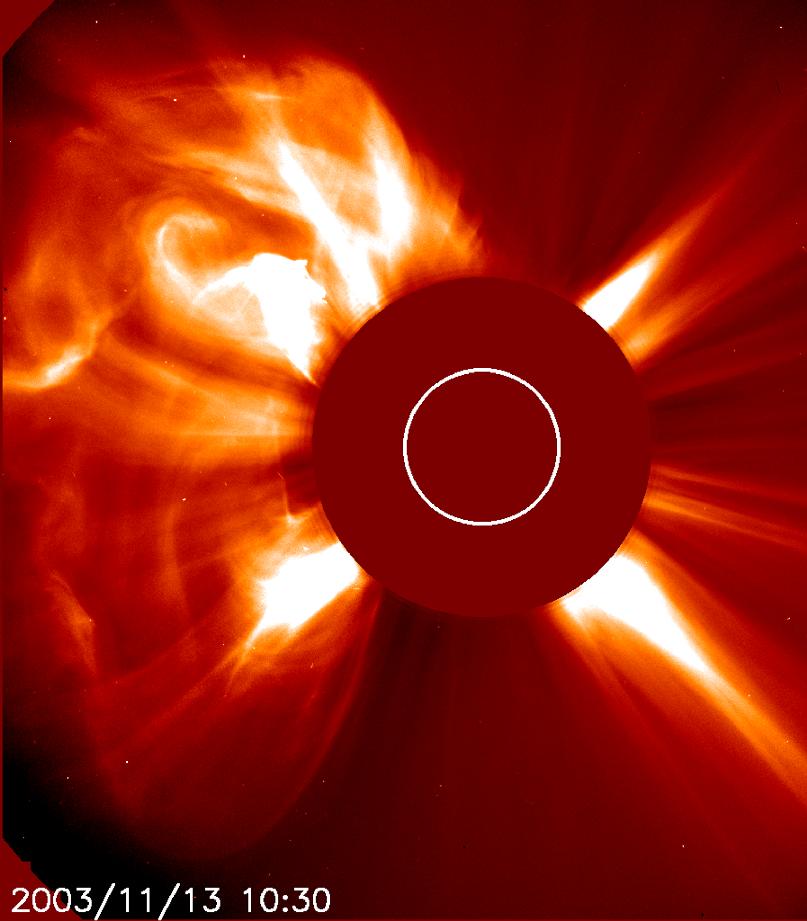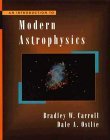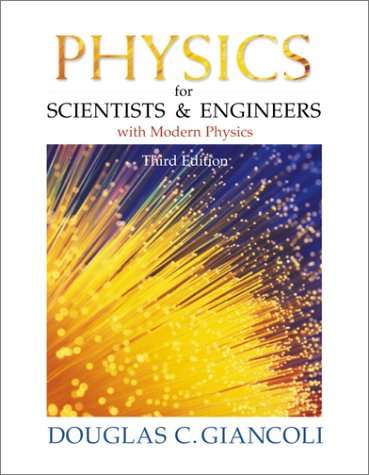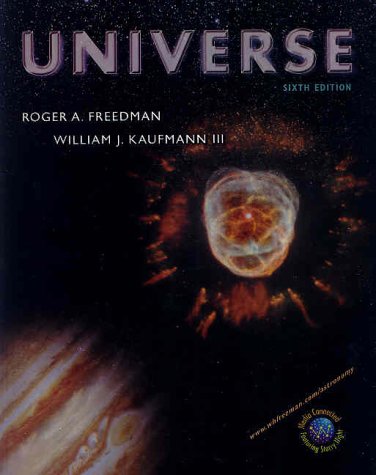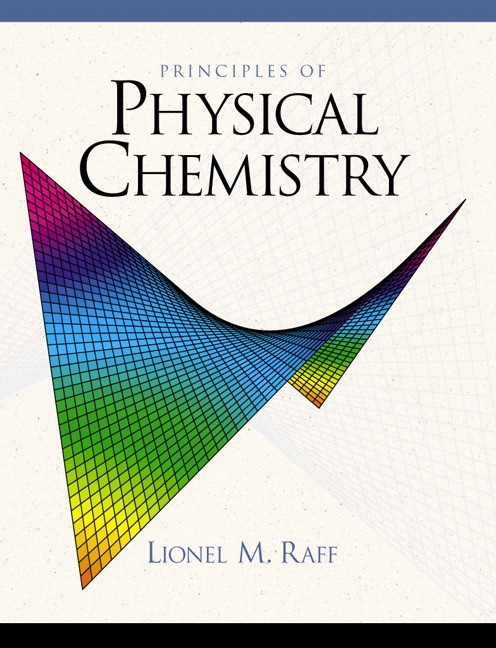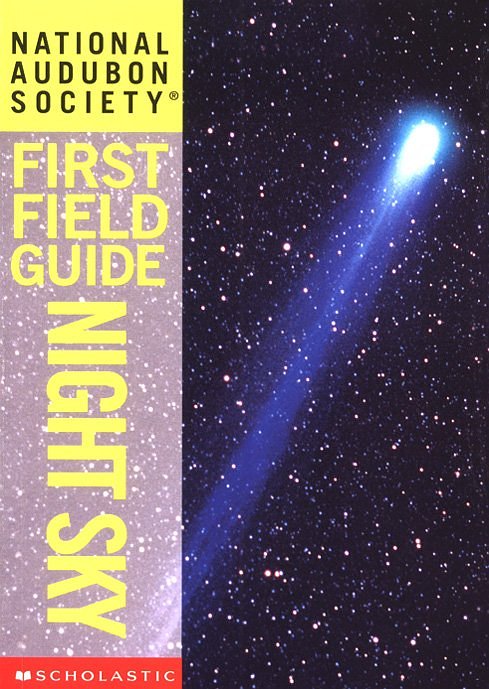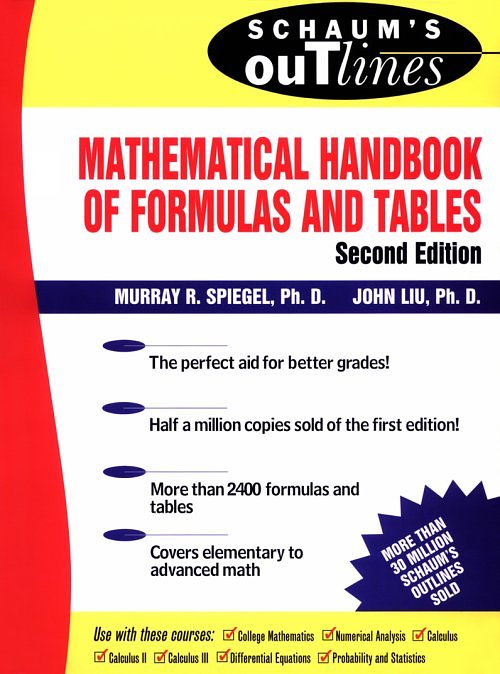|
Physics of Astronomy,
Winter-Spring 2006 |
This intermediate program will be offered Winter and Spring of 2005-06. Upper division credit is possible for students who earn 16 credits both quarters. Program descriptions: Catalog, Winter, Spring.
The first Science Seminar meeting is at 3:00 on Monday 3.April 2006 in 1037 LAB 1.
Everyone (both Monday and Thursday seminar students) please
attend BOTH SEMINARS week 1 only (even if you are registered for only
4 credits). You will form teams and learn how to post your assignments
online.
The first Physics of Astronomy meeting is Tuesday.4.April 2006 at 12:30 in the Physics homeroom, Lab II Rm 2242. Physics of Astronomy is not required for Science Seminar students, but you are always welcome to visit if you like.
Physics of Astronomy is a dual-level program, designed to be accessible to beginning calculus-level physics students (as in Matter and Motion), and to provide some of the challenges of Physical Systems, for students who have already had one year of calculus-based physics. We will use our unifying theme of Astrophysics to motivate deeper studies in related areas of physics, choosing appropriate supporting chapters from the physics and math texts below. (Overview of Evergreen's physics and math programs).
For more information, contact Dr. Zita by email <zita@evergreen.edu>,
during office hours,
or at the Academic
Fair. Please include "Physics Of Astronomy" or "Science Seminar"
in your subject header (so the spam filter doesn't delete your email).
Please see these Answers to frequently asked questions.
MATH levels: Prerequisite is solid precalculus, at a minimum. Students will take a math pre-test the first day of class to determine if you are in the Math-A group (ready for calculus) or the Math-B group (ready to move beyond calculus). Students are advised to take calculus fall quarter, to prepare for the start of Physics of Astronomy in winter quarter, unless you are already proficient in both integral and differential calculus. Even if you got an A in AP calculus in HS, you should consider taking Beginning Calculus in fall, and Calculus I in winter and spring, offered in the Evening and Weekend Studies (EWS) program. Math-B students, with prior proficiency in calculus, will use the Boas math text in Physics of Astronomy.
Please see Science Seminar details
below.
| SCHEDULE | Monday classes | Tuesday classes | Wed. | Thursday classes |
| Weekend: read meet teams post assignments |
12:30-2:45 Astrophysics homework + research session, 2242 Lab II (physics homeroom) | 12:30-4:30 Physics, homeroom |
read
|
12:00-2:45 Astro, homeroom |
| 3:00-4:30 (to 4:30 for Math-B group) Science Seminar on Quintessence and Cosmology, 1037 LAB 1 | 3:00-4:30 Science Seminar on journals: Physics Today, Sky & Telescope, Science News, 1037 LAB 1 | |||
|
TEXTS: get the most recent edition, if there is a newer one than listed below. Please order these from the publisher or another online source such as Powell's in advance so you have them the first day of class. There may be some copies of texts available in the college bookstore, but don't count on it. ALSO SEE REQUIRED SEMINAR TEXTS BELOW
|
||||||||||||||||||||||||||||||||||||||||||||||||
|
Science
Seminar is an integrated component of the full-time
program, Physics of Astronomy. Science Seminar is also open to
additional students as a part-time module. The Monday and Thursday
Science Seminar modules are available for 4 credits each, or 8
credits total. See the Science Seminar Syllabus for details.
While there may be copies of some texts on closed reserve in the
Library, you must BRING YOUR OWN COPY to class each day.
Take notes in the margins as you read, and the text becomes a
record of your developing thoughts. "An unmarked text is an unread
text." Seminar
Syllabus
|
|||||||||||||||||||||
